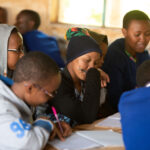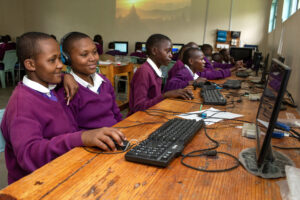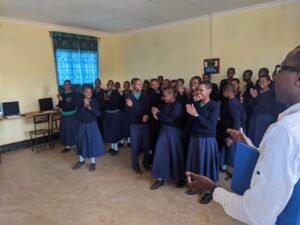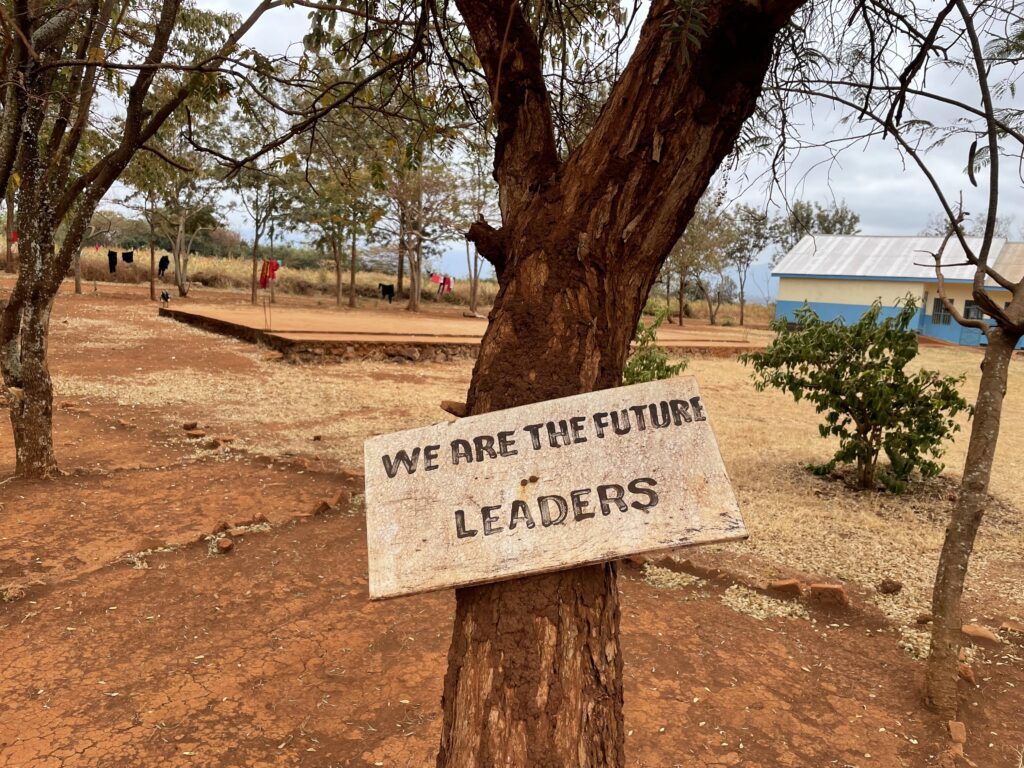
African countries, like Tanzania, have the potential for accelerated economic growth when the population of its working age exceeds its non-working population– also known as a demographic dividend. However, countries like Tanzania are decades away from experiencing a demographic dividend due to its underserved youth population.
The total work force in Tanzania is estimated at about 32.98 million. And although reports reflect 10-12 million youth enter the labor force each year, only 3 million formal jobs are created annually. That means the majority of the youth work informally, are underemployed, and remain in poverty due to low work wages. In fact, the amount of economic value that is created by the labor force in Tanzania is forecasted at $1.30 USD per person in 2024!
So although Tanzania has a lower rate of unemployment globally on paper (at 2.38%), the demographic transition is slow, driven by low levels of urbanization, lack of employment opportunities, and a lack of high-quality education for working age youth. But Africa’s youth unemployment is not an isolated problem, it is a global problem.
“Without education children can never really meet the challenges they will face.”
– Nelson Mandela
We cannot expect to build global economies and scale development as nations when a large proportion of youth are unprepared to lead their continent and the world, and the 225 million young people aged 15-24 living on that continent today is expected to increase by 42% come 2030. If Africa is to sustain a peaceful climate and achieve economic growth it will need to invest in an educational system that offers the skills needed for business, technology, and professions of the 21st century.
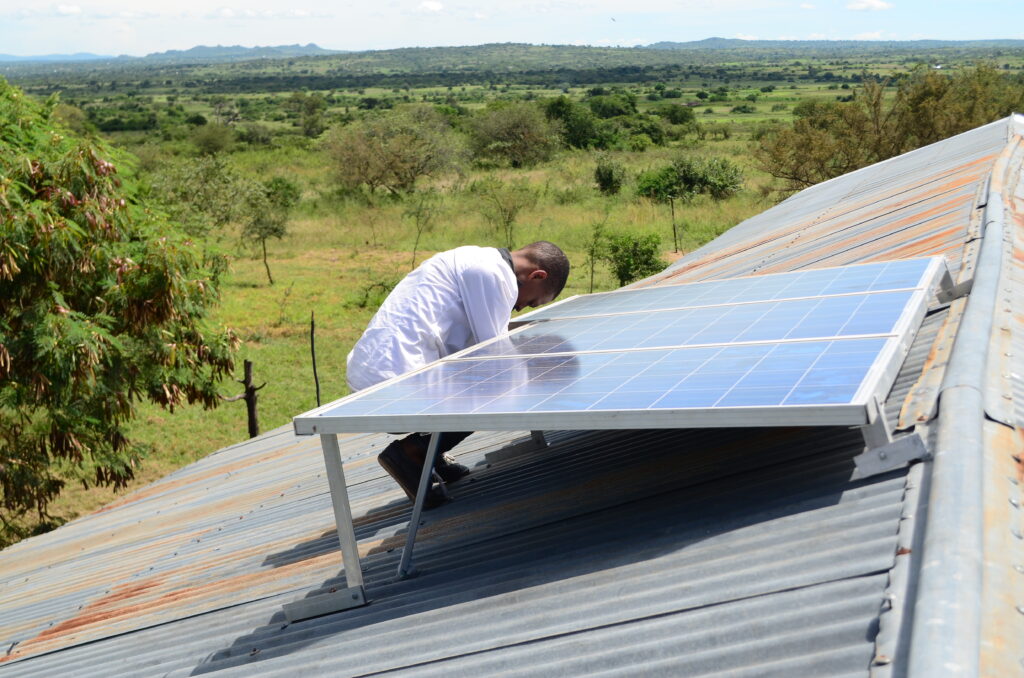
Bringing one operational computer to a school in Tanzania offers a window of exploration to a new generation. Offering an entire computer lab along with the technology skills training to invest in the future creates a massive economic rise capable of ending poverty, forging a climate ideal for foreign investors, and creating a substantial boost in global development.
“Educational opportunities support the young people who are now willing and able to contribute to Africa’s future prosperity.” – Mo Ibrahim
And education is the greatest investment globally, generationally, and individually.
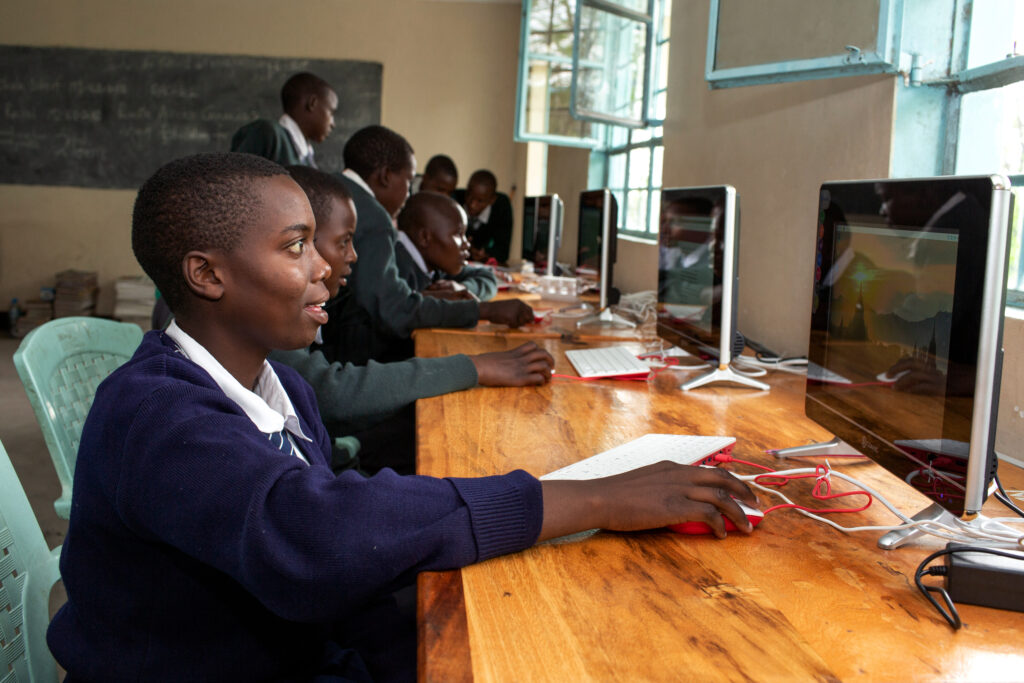
Resources: https://foreignpolicy.com/2021/10/19/africa-youth-unemployment-crisis-global-problem/ https://ilostat.ilo.org/blog/african-youth-face-pressing-challenges-in-the-transition-from-school-to-work/ https://data.worldbank.org/indicator/SL.UEM.TOTL.ZS?end=2023&locations=TZ&start=1991&view=chart
